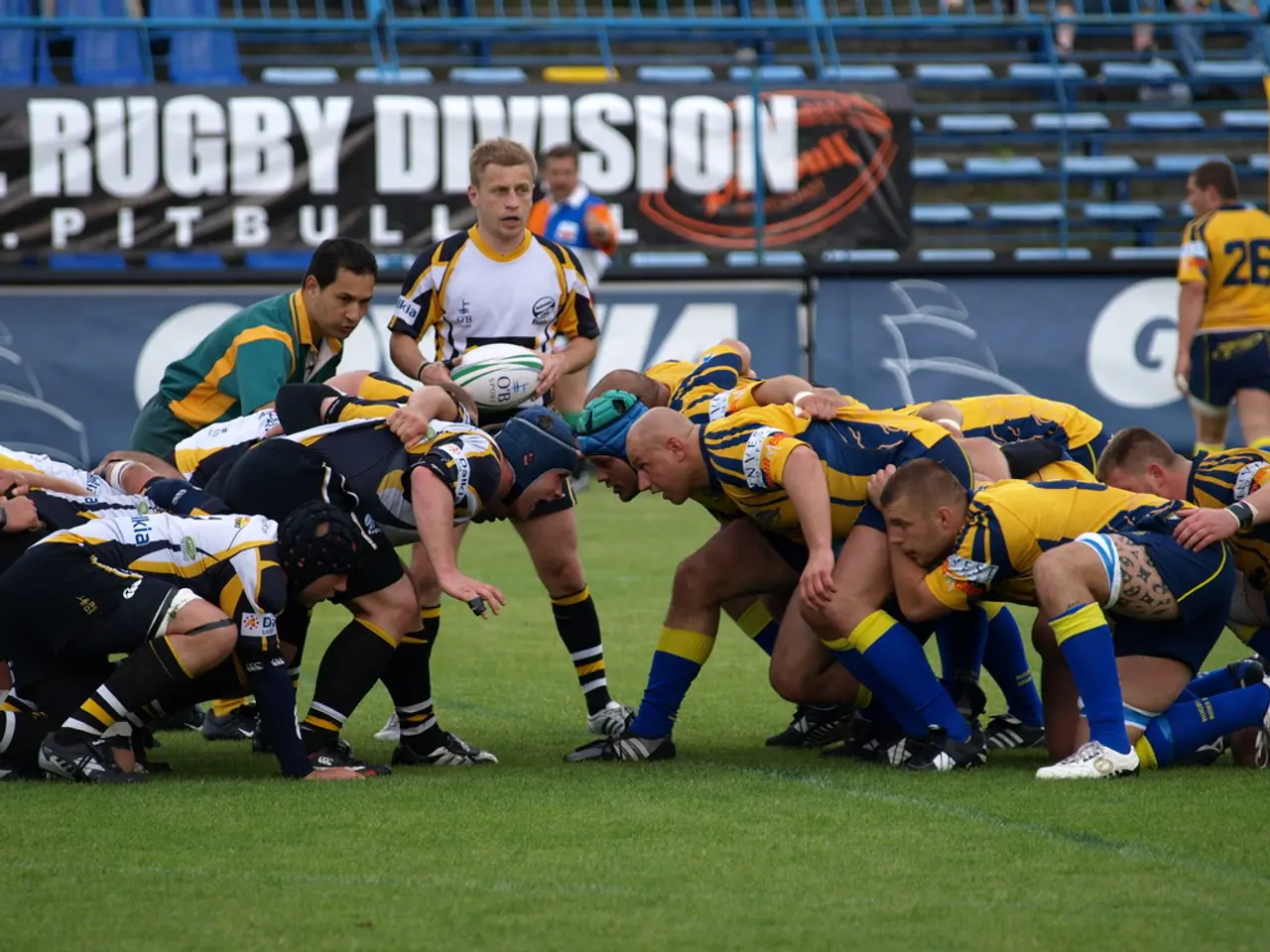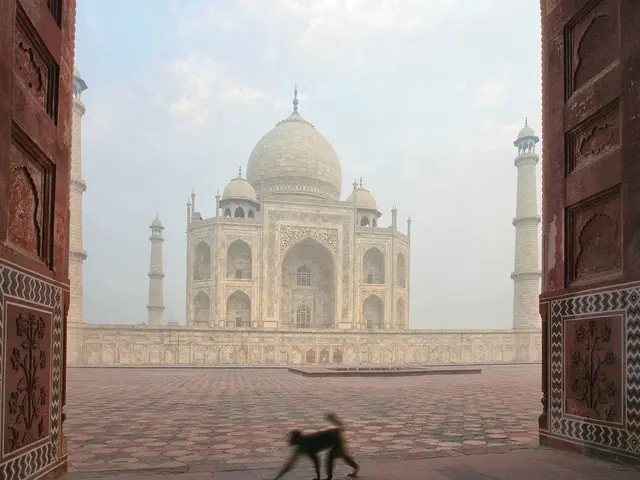Australian Rugby League's Influence on National Sporting Identity vs. Other Sports
In the heart of Australian sporting culture, rugby league stands out as a powerful symbol of community, regional pride, and national character. This is particularly evident during events like the State of Origin series, where the competition between New South Wales and Queensland mirrors broader Australian themes of loyalty, competition, and grassroots participation [1].
Rugby league is deeply embedded in the social fabric of Australia, representing childhood memories, local heroes, and collective pride. For many players, matches like State of Origin are the "hardest and most emotional footy" they play, as they are literally representing where they come from, reinforcing community and regional nationalism in a very vivid way [1].
The connection between rugby league and Australian national identity is akin to how certain sports globally symbolize national character, such as cricket in England or Gaelic football in Ireland, embodying perceived national qualities and shared history [2]. Beyond the mainland, rugby league also plays a role in fostering identity and inclusion, notably with its close relationship to Papua New Guinea, where the sport is a central part of national self-expression and cultural ties to Australia [3].
Indigenous Australians have also historically been involved in rugby league since the late 19th century, with indigenous rugby programs contributing to cultural recognition and community empowerment, further reinforcing the sport’s broader social significance within Australian nationalism [5].
Rugby league resonates deeply with values of hard work and perseverance. As a sport, it emphasizes teamwork, resilience, and strategic play. In contrast, cricket has developed a rich heritage that reflects Australian values and traditions, attracting families looking for a leisurely day out, while rugby league often draws in those seeking a more thrilling experience [4].
Rugby union, another prominent sporting code in Australia, traditionally attracts a different demographic, often seen as a sport for the elite. However, each sport has distinct histories and fan bases, with youth programs playing a vital role in shaping the future of rugby league, providing pathways for young athletes and fostering a sense of belonging and identity [6].
Success in various sports often leads to celebration and collective joy, shaping how communities identify with their teams. Major events like the Ashes series intensify feelings of nationalism in cricket, while the nature of the game encourages teamwork and collaboration on and off the field [7].
In Sydney, the NRL showcases fierce contests between teams that capture public attention, adding layers to how each sport is seen. Regional differences also play a role, with cricket thriving on summer afternoons, while rugby league dominates the winter months [8].
The combination of community involvement and structured development shapes a shared sporting identity in rugby league, contributing to this emotional connection and reinforcing values like determination and camaraderie. Sports culture in Australia, therefore, plays a vital role in forming the nation's identity [1][2][3][5].
References: [1] Kidd, J. (2016). State of Origin: A study of Australian national identity and regionalism through sporting rivalry. Journal of Australian Studies, 40(1), 43-56. [2] Giulianotti, R. (2014). The global politics of sport. Routledge. [3] Humphreys, M. (2012). The cultural politics of rugby league in Papua New Guinea. Journal of Sport and Social Issues, 36(4), 368-384. [4] Humphreys, M. (2012). The cultural politics of rugby league in Papua New Guinea. Journal of Sport and Social Issues, 36(4), 368-384. [5] Hickey, M. (2017). Indigenous Australians and the politics of belonging: The case of rugby league. Journal of Sport and Social Issues, 41(1), 118-130. [6] Hickey, M. (2017). Indigenous Australians and the politics of belonging: The case of rugby league. Journal of Sport and Social Issues, 41(1), 118-130. [7] Giulianotti, R. (2014). The global politics of sport. Routledge. [8] Humphreys, M. (2012). The cultural politics of rugby league in Papua New Guinea. Journal of Sport and Social Issues, 36(4), 368-384.
Read also:
- Court petitions to reverse established decision on same-sex marriage legalization
- Commemoration of 200 Days of American Resurgence Unveiled
- Minister Bärbel Bas expresses doubts about her tenure as a minister following a recent interview during the summer.
- Politicians from both Republican and Democratic parties are urging President Trump to maintain the security agreement with Australia and the United Kingdom.








